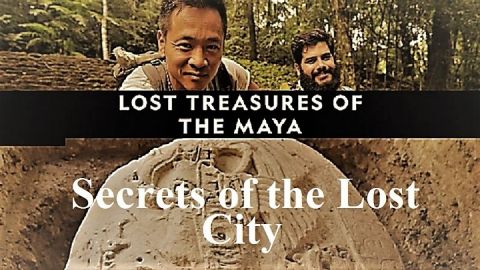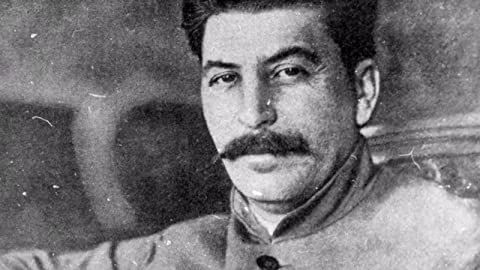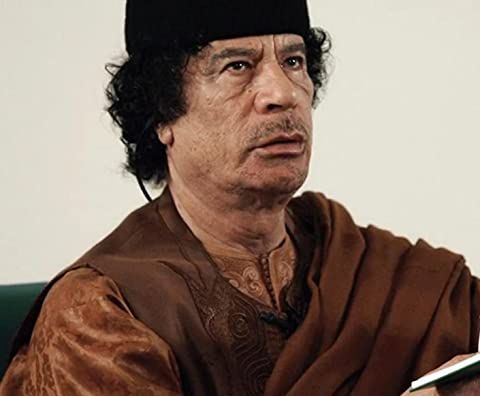Part 1: Lust for Destruction • 2016 • episode "S1E1" • No Gods, No Masters: A History of Anarchism
Born in France, around the Commune de Paris, and in the wake of the French Revolution, anarchism rapidly disseminated its theories throughout the world. When the brand new International Workers' Association was created, anarchism even became predominant within the workers' movement. Yet early on, anarchism instilled fear in people, not only because all over the world it waged the war for an 8-hour working day, founded schools with no God and no master, and promoted free love, but also, and above all, because from time to time it was quick to use violence and to destroy authority in a highly concrete way. From Ravachol to Bonnot, from the assassination of Empress Sisi of Austria to the Battle of Stepney, from bombs to raids, anarchism has become the bete noire of heads of states and royalty who, in an attempt to protect themselves from it, created anti-terrorist laws that are still in force today.
Make a donation
Buy a brother a hot coffee? Or a cold beer?
Hope you're finding these documentaries fascinating and eye-opening. It's just me, working hard behind the scenes to bring you this enriching content.
Running and maintaining a website like this takes time and resources. That's why I'm reaching out to you. If you appreciate what I do and would like to support my efforts, would you consider "buying me a coffee"?
Donation addresses
BTC: bc1q8ldskxh4x9qnddhcrgcun8rtvddeldm2a07r2v
ETH: 0x5CCAAA1afc5c5D814129d99277dDb5A979672116
With your donation through , you can show your appreciation and help me keep this project going. Every contribution, no matter how small, makes a significant impact. It goes directly towards covering server costs.








